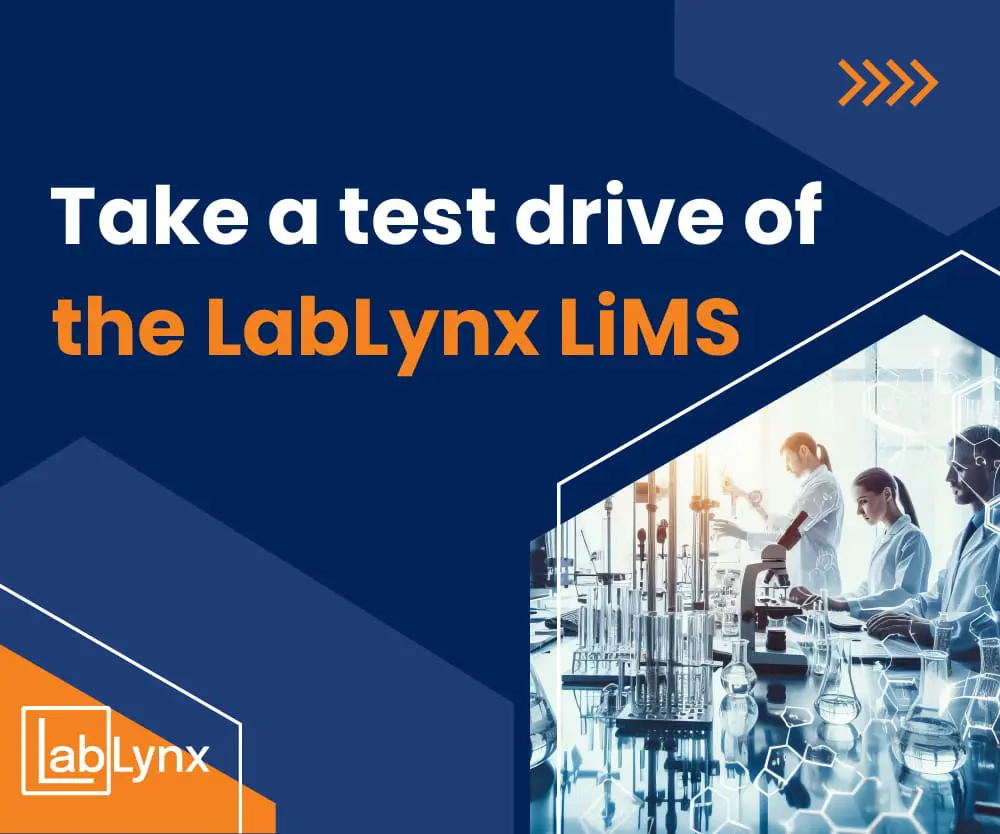The Impact of Artificial Intelligence on the Laboratory Information Management System (LIMS) Industry
The Laboratory Information Management System (LIMS) industry is experiencing a transformative shift, driven by the rapid advancements in artificial intelligence (AI). This evolution is not merely a trend but a fundamental change that promises to revolutionize the way laboratories operate, manage data, and conduct research. In this comprehensive article, we will explore the various ways AI is reshaping the LIMS industry, its benefits, challenges, and future prospects.
Understanding LIMS and Its Importance
A Laboratory Information Management System (LIMS) is a software-based solution that helps manage laboratory operations, data, and workflows. LIMS is crucial for laboratories across various industries, including healthcare, pharmaceuticals, biotechnology, and environmental science. It streamlines sample tracking, ensures compliance with regulatory standards, and enhances overall laboratory efficiency.
The Rise of Artificial Intelligence in LIMS
Artificial intelligence, encompassing machine learning, deep learning, and natural language processing, is increasingly being integrated into LIMS to enhance its capabilities. Here’s how AI is making a significant impact:
1. Enhanced Data Management and Analysis
AI algorithms can process and analyze vast amounts of data much faster and more accurately than traditional methods. In the context of LIMS, this means more efficient data management, from sample tracking to result interpretation. AI-powered LIMS can identify patterns and trends in data that might be missed by human analysts, leading to more accurate and insightful conclusions.
2. Automation of Routine Tasks
One of the key benefits of AI in LIMS is the automation of repetitive and time-consuming tasks. AI can handle tasks such as data entry, sample tracking, and report generation, freeing up laboratory personnel to focus on more complex and critical activities. This not only improves productivity but also reduces the risk of human error.
3. Predictive Analytics and Decision Support
AI enables predictive analytics, which can be particularly valuable in laboratories. By analyzing historical data, AI can predict future trends, equipment maintenance needs, and potential issues before they arise. This predictive capability allows for proactive decision-making, reducing downtime and improving the overall efficiency of laboratory operations.
4. Improved Quality Control
Quality control is a critical aspect of laboratory operations. AI-powered LIMS can enhance quality control processes by providing real-time monitoring and analysis. AI algorithms can detect anomalies and deviations from standard protocols, ensuring that any issues are identified and addressed promptly. This leads to higher accuracy and reliability of laboratory results.
5. Personalized Medicine and Genomics
In the healthcare and pharmaceutical industries, AI is driving advancements in personalized medicine and genomics. AI-powered LIMS can analyze genetic data and patient records to identify personalized treatment options and predict patient responses to various therapies. This personalized approach improves patient outcomes and accelerates the development of new treatments.
Challenges and Considerations
While the integration of AI into LIMS offers numerous benefits, it also presents certain challenges:
1. Data Security and Privacy
The handling of sensitive data in laboratories necessitates stringent security measures. The integration of AI into LIMS systems requires robust data security protocols to protect against cyber threats and ensure compliance with regulations such as HIPAA and GDPR.
2. Implementation Costs
The initial implementation of AI-powered LIMS can be costly, including expenses related to software acquisition, system integration, and staff training. However, the long-term benefits and return on investment often justify these initial costs.
3. Integration with Existing Systems
Laboratories often use a variety of systems and software. Integrating AI-powered LIMS with these existing systems can be complex and requires careful planning and execution to ensure seamless interoperability.
4. Skill Gap and Training
The adoption of AI in LIMS requires a workforce skilled in both laboratory operations and AI technologies. This necessitates investment in training and development to bridge the skill gap and ensure that staff can effectively utilize AI-powered systems.
Future Prospects
The future of AI in the LIMS industry is promising, with several potential advancements on the horizon:
1. AI-Driven Drug Discovery
AI has the potential to revolutionize drug discovery by rapidly analyzing vast datasets to identify potential drug candidates. AI-powered LIMS can streamline the drug development process, reducing time and costs associated with bringing new drugs to market.
2. Advanced Genomic Research
AI will continue to play a pivotal role in genomic research, enabling more precise and comprehensive analysis of genetic data. This will lead to breakthroughs in understanding genetic diseases and developing targeted therapies.
3. Integration with Internet of Things (IoT)
The integration of AI-powered LIMS with IoT devices can enhance laboratory automation and real-time monitoring. IoT sensors can provide continuous data streams, which AI algorithms can analyze to optimize laboratory operations and ensure equipment performance.
4. Enhanced Regulatory Compliance
AI can assist laboratories in navigating the complex landscape of regulatory compliance. AI-powered LIMS can automatically update compliance protocols and provide real-time alerts for any deviations, ensuring that laboratories remain compliant with evolving regulations.
Conclusion
The integration of artificial intelligence into the Laboratory Information Management System (LIMS) industry is a game-changer, offering unprecedented opportunities for enhanced efficiency, accuracy, and innovation. As AI technology continues to evolve, its impact on the LIMS industry will only grow, driving advancements in laboratory operations, research, and development. Laboratories that embrace AI-powered LIMS will be well-positioned to lead in their respective fields, delivering superior results and pushing the boundaries of scientific discovery.


